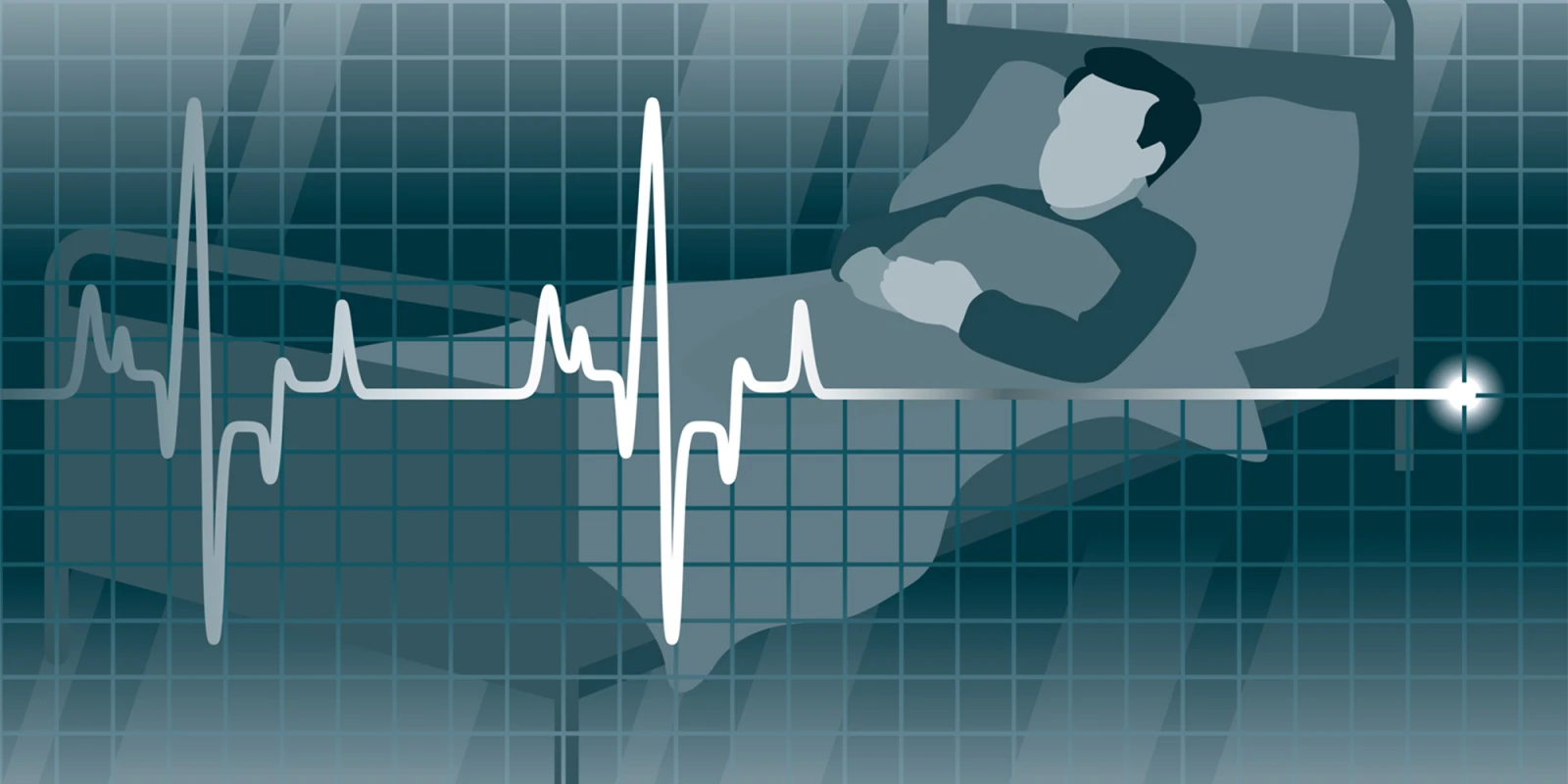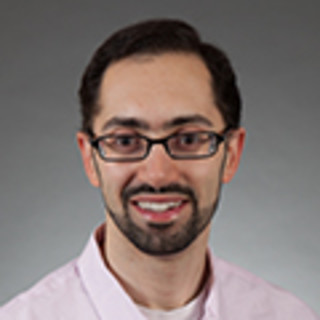 Kamaga / gettyimages
Kamaga / gettyimages
We didn’t really know what was going on with my grandfather. We’d get snippets of information here and there, but for the most part we just knew he had diabetes and Alzheimer’s. It was difficult to stay up to date given that he lived overseas and with most of my uncles being engineers and business-types.
During one of the last times I remember seeing him, he would fade in and out of orientation. He remembered my mom, my grandma, but his memory of me was intermittent. I would later attribute some of his more confusing comments from years earlier to early changes associated with dementia, but that took time to recognize.
Near the end of my intern year, we were on vacation and received a call. He was in the hospital with an infection of his foot causing sepsis. I had done a rotation on vascular by this time and I had an ominous feeling. I told my mom I didn’t know if he would survive this. He was in his mid-70s at the time.
The doctors told us he was too sick even for an amputation. I would later find out that he had been getting treatment by a podiatrist “for his foot” but couldn’t get details. I remember my fury at the news—who’s ever too sick for an amputation? But that was their impression, take it or leave it. They were the ones at the bedside after all. He passed peacefully thereafter in a Palliative Care setting.
There is an Arabic idiom that states, “No one dies missing any life.” That is, to say on an individual level, these administrative, population-level ideas of premature or preventable death are imaginary. We are born to die, fated to do so, and our time here is limited. We can discuss the metaphysics of these statements, but there is truth in them regardless of approach or background. While the mortality of a procedure may be 4 percent, for an individual it’s binary: 0 percent or 100 percent. Yes or no. Someone has to constitute that statistic.
Now as an attending, I find myself frequently on the other side of the same situation. I am not infrequently telling families, “We can always do something, but we want to be doing for your mother and not just doing to her." I thank the team that evaluated my grandfather because, while he is indeed missed, I know the difficulties would only have become compounded and certainly Palliative Care was the most merciful approach for him. Just because we can, does that imply that we should?
We often take medicine for granted, especially in the United States. We want quick fixes, magic bullet pills, and minimal effort on the part of the patient to improve. We rationalize and intellectualize everything. We think disease can and should be reversed, “fixed” like a flat tire. We value quantity of months over quality. We talk of mortality, survival, cost, and morbidity, but we rarely discuss the toll. While these value judgements are very subjective and we no longer practice in a paternalistic environment, we are still responsible to help patients process these decisions that they may not have thought about previously, especially in complex situations as my family found itself so many years ago.
I’ve watched other physicians try to talk families through this and many are not very adept at doing so. Certainly, it is odd to discuss this subject as a “skill” but it is certainly no less than that. A poor approach can scar a family forever, can impact future patient relationships, could product malpractice litigation, impact the physician herself personally, or any of a whole host of untoward consequences. We need to ensure that our physicians are well-versed in these precarious conversations that require compassion, understanding, patience and elements of counseling and guidance.
For all those that have lost family and friends, and particularly now around the holidays, I extend my sympathies. Surely it is not easy and stays with you for a long time. But I would beseech all the readers not to become of those who over-medicalize and lose their humanity. After all, that “mesenteric artery occlusion with dead gut” is still someone’s father.
Dr. Issam Koleilat is a vascular surgeon at Montefiore Medical Center/Albert Einstein College of Medicine in the Bronx, NY. He is also the proud father of a wonderfully curious five-year-old daughter and bright-eyed five-month-old son, and the husband of a breast cancer genetic epidemiologist. He enjoys traveling with his family, and as the kids get older, he hopes they will hike, ride horses, and rock-climb more.
Dr. Koleilat is a 2018–2019 Doximity Author.







